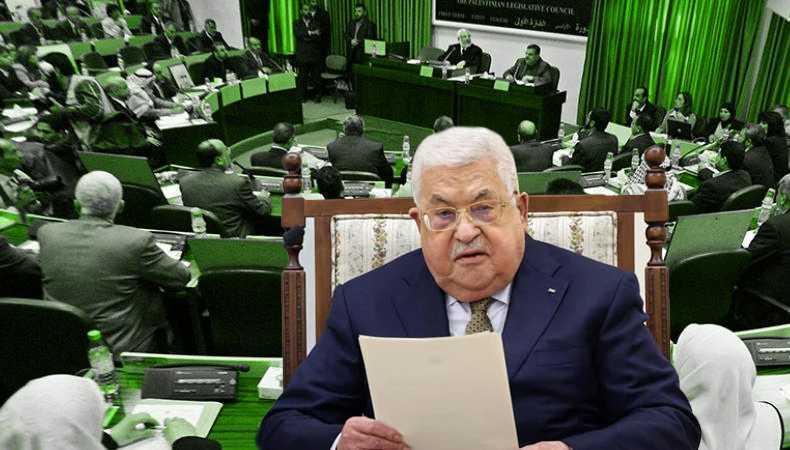Abbas Initiates Shake-Up in West Bank Governance Amidst Unpopularity

Mahmoud Abbas, the president of the Palestinian Authority, has removed most of the West Bank governors in a momentous step meant to address growing resentments and cries for reform. The decision, which affects eight regions administered by the Palestinians, demonstrates Abbas’ recognition of the Palestinian Authority’s growing unpopularity. Even while this action might not immediately impact the ground, it reflects a willingness to give in to public pressure and change the political environment.
In the occupied West Bank, particularly the uneasy cities of Nablus, Jenin, and Tulkarem, which have recently seen an increase in Palestinian militancy, President Abbas issued a proclamation firing governors. Only three locations were unaffected by the upheaval, including Ramallah, the capital of the Palestinian Authority, where the governors were kept. A possible reorganisation of key leadership roles is suggested by the president’s office’s announcement that it will create a committee to make replacement recommendations.
Since governors have a big say in security decisions, experts say the decision is an attempt to give the Palestinian Authority a fresh image. However, analysts believe that more extensive measures will be required to address the underlying difficulties, even though this step may help to restore public trust.
Keep Reading
President Abbas acknowledges the decline in support for the government amid several difficulties. The prolonged conflict, tense relations with Israel, and internal unrest have challenged the Palestinian Authority. Prime Minister Benjamin Netanyahu’s Israeli administration has sanctioned the authority, increased settlements on disputed land, and engaged in military operations in the West Bank. The tensions have also been raised by increased settler violence against Palestinians.
Since Abbas postponed the Palestinian legislative elections, which were anticipated to favour the militant organisation Hamas, internal conflicts have worsened. In 2007, Hamas took over the administration of the Gaza Strip. The authority’s internal conflicts have been highlighted further by the growth of connections between Fatah activists and Islamic terrorist groups, notably in flashpoint cities like Jenin and Nablus.
President Abbas fired most West Bank governors in reaction to rising dissatisfaction and calls for political change within the Palestinian Authority. While this action addresses public unhappiness and restores trust, more extensive measures will probably be needed to address the authority’s complicated problems. The West Bank’s political environment is still evolving and may see more changes.







